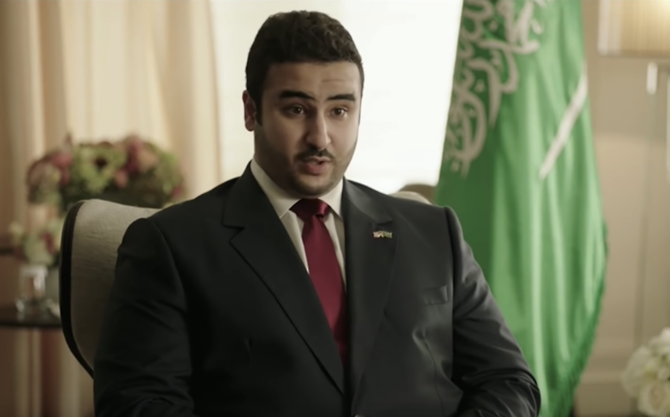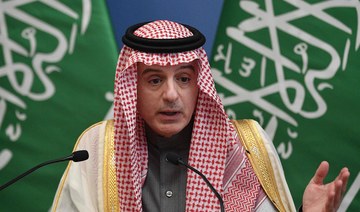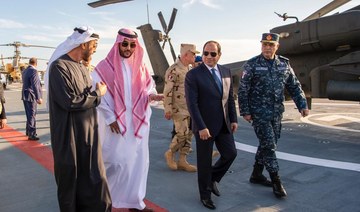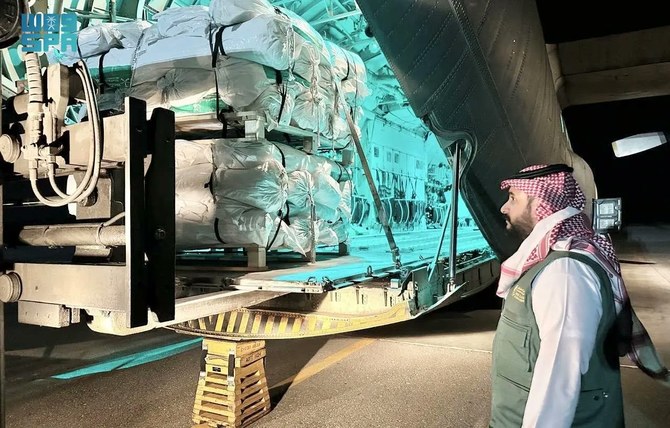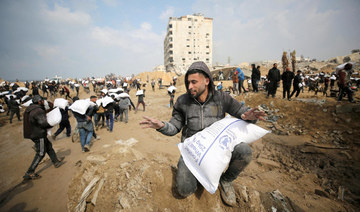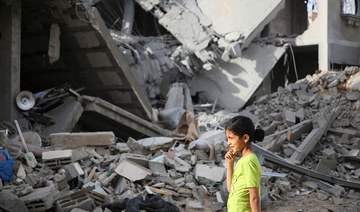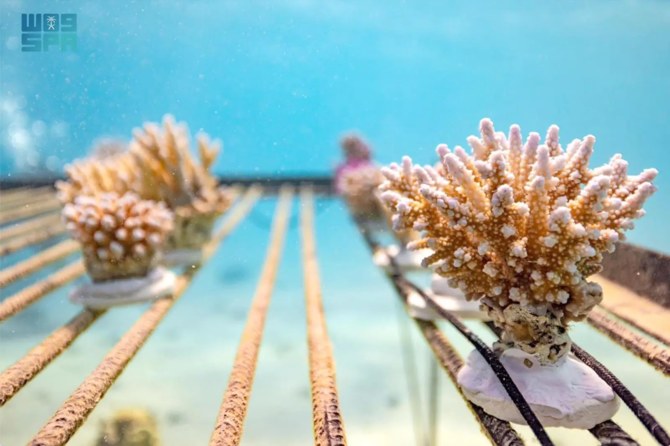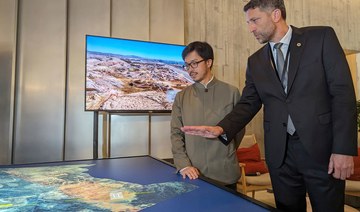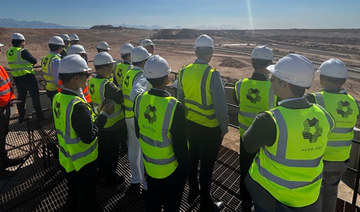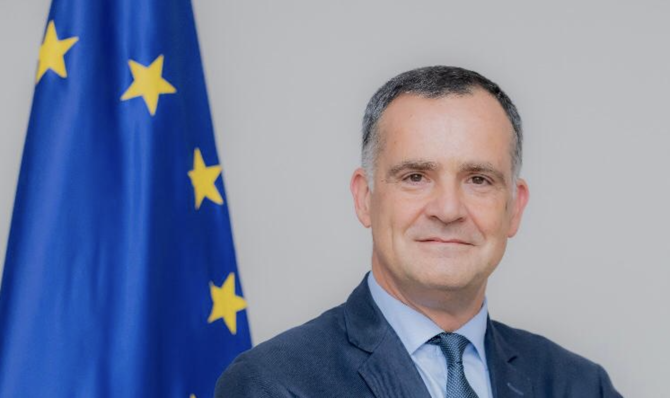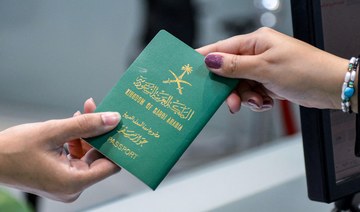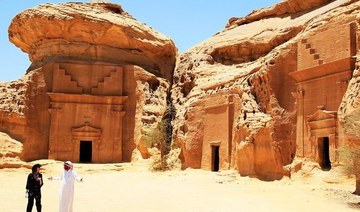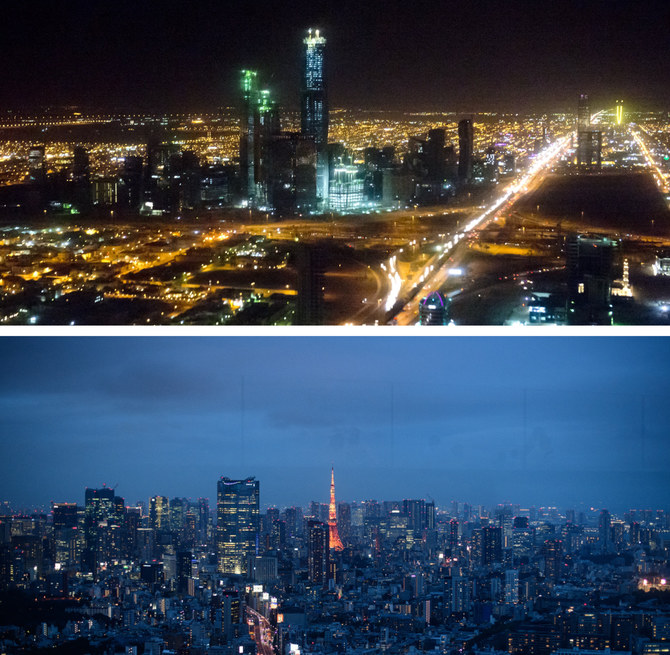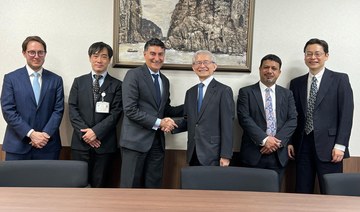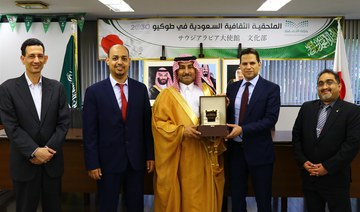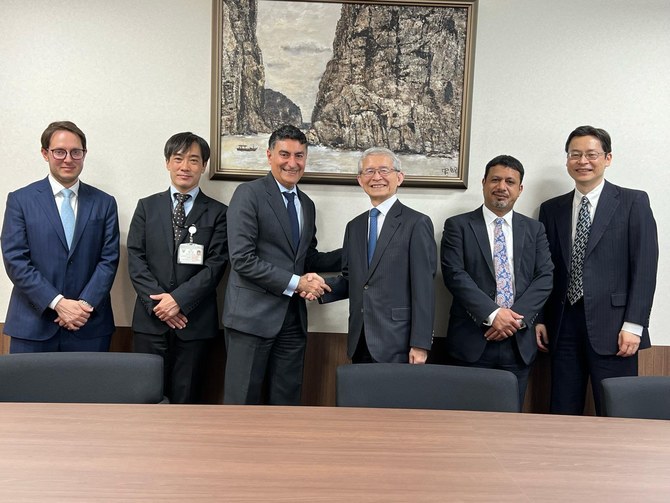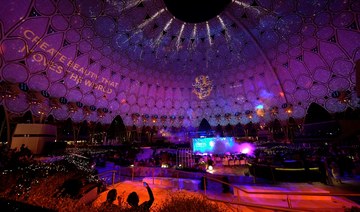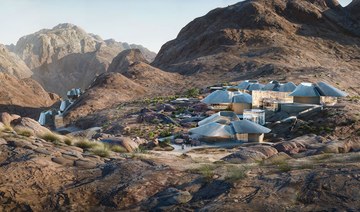JEDDAH: As the leadership of Saudi Arabia works, through its ambitious Vision 2030 project, to move the country and its people forward, Iran continues to follow its “vision 1979” in an attempt to push the region backward, according to Saudi Deputy Minister of Defense Prince Khalid bin Salman.
Speaking during an interview with Vice Media, he said: “We have…this great vision, Vision 2030, where we want to reform our economy, to basically uncap the potential in Saudi Arabia, to open new sectors in Saudi Arabia, and to have a prosperous country, and to move our citizens forward.
“To be able to do that, we need a stable, secure region, a prosperous region. We need to increase our economic cooperation with neighboring countries.”
Turning to the dangers the region is facing, the minister said: “I believe the biggest threats to the region, and to international security, is basically Iran: the Iranian regime and its proxies on one side, and Daesh, Al-Qaeda and terrorist organizations on the other side.
“We believe that they’re two sides of the same coin. They believe in the same concept; not necessarily exactly the same ideology, but they both do not believe in the sovereignty of nations, they both believe in a transnational ideological state, they both do not believe in international law, and sometimes they compete with each other and they fight each other. But when it comes to us, we’re the common enemy and they cooperate.”
Opinion
This section contains relevant reference points, placed in (Opinion field)
Asked why the Kingdom is viewed as the common enemy, Prince Khalid said it is because “we are a force of stability, a force of peace, a force of prosperity in the region.”
He added that Iran wants to export its revolution: “Iran has an expansionist ideology. Iran wants other states in the region not to be partners, but to be under the Iranian expansionist project.”
Prince Khalid highlighted US President Donald Trump’s visit to the Kingdom in 2017, his first official foreign trip after taking office, as a significant moment not only for the Saudi Arabia but the entire Muslim World.
“The Saudi-US relationship is strong and it has been strong for seven decades,” he said. “This relationship started with President Roosevelt, who was a Democrat, and has been strengthening since then with different presidents of the United States, Democrats and Republicans.”
He pointed out that this close relationship has benefited both countries economically.
“So this is a continuation of this historic, strong relationship that has protected people from both countries on the security side, and also it has on the economic side created a lot of jobs and opportunities in both countries and helped the economy,” he said. “President Trump’s visit is an important visit to the Muslim world, and I believe that it is vital for the United States to have a strong relationship with Saudi Arabia and the Muslim world.”
The prince added that the speech Trump made during his visit highlighted the fact that the most common victims of terrorist groups are Muslims.
“I think the president’s speech on that visit was very encouraging to Muslim people to see,” he said. “He spoke about counterterrorism and he said that Daesh and the terrorist groups’ victims are mostly Muslims. And it’s very important for the Muslim people to hear the President of the United States mentioning this.”




